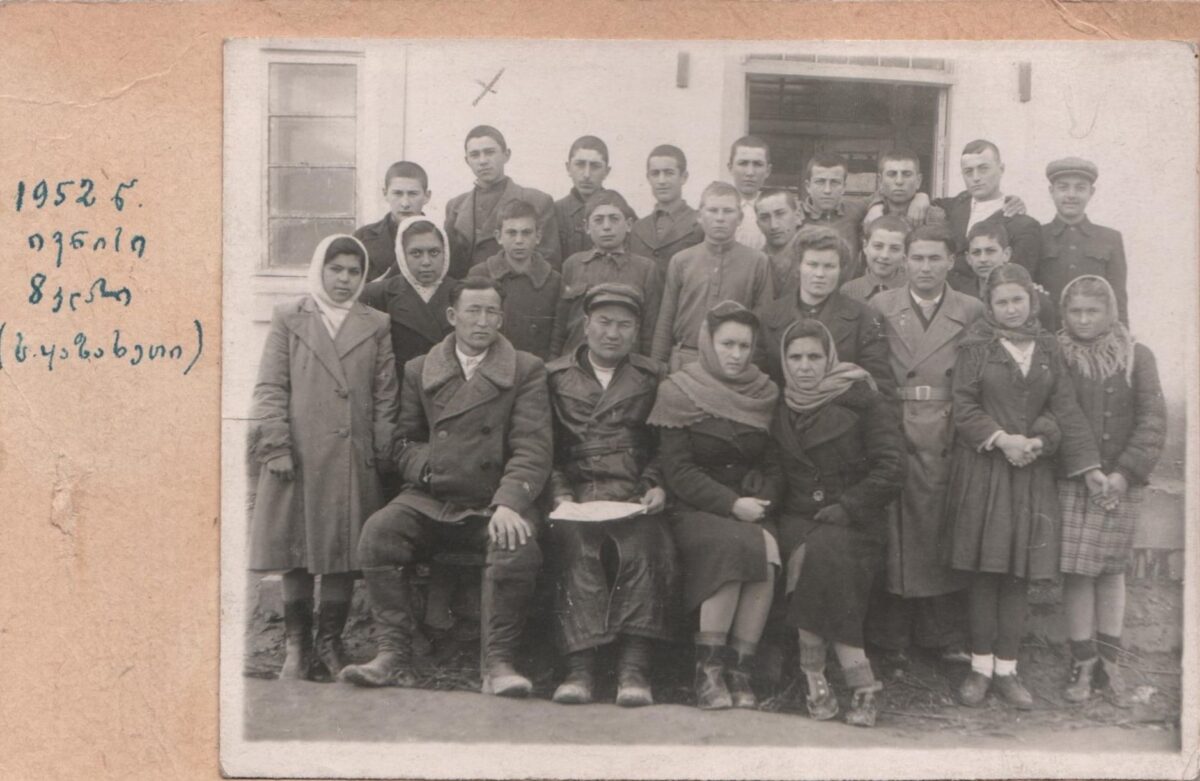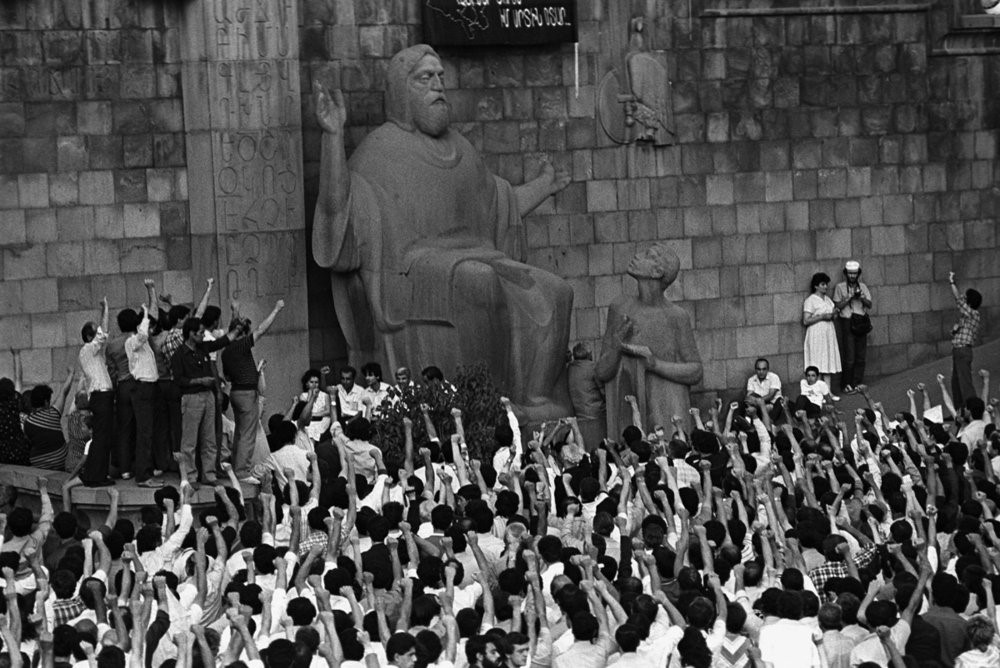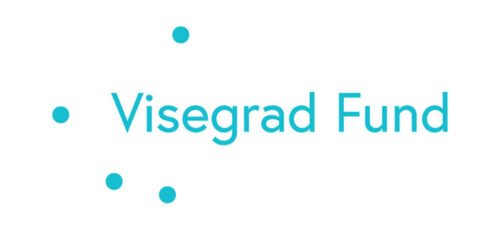The recent history in Visegrad countries and the countries of South Caucasus is different in many respects. But there are also many similarities, especially the existential experience of struggle for freedom, independence and human dignity during the Communist era. It is important to remember what our ancestors strived and longed for. Especially today, when peace and democracy are under threat again.
In this project, four subjects from Visegrad countries share their experiences with memory keeping and education with their partners from Armenia and Georgia. Armenians and Georgians conduct 10 oral historical interviews each, 20 in total. The interviews in Georgia focus on the Stalinist crimes and persecutions, as well as on the issue of the cult of JV Stalin. The interviews in Armenia focus on Armenian dissident movement in the 1970s and 1980s and how their ideals were overshadowed by the Nagorno Karabakh issue. Both these questions are relevant not only historically, but also currently.
Two films will be made based on these interviews and used for public screenings and education in all six participating states.
We will also exchange our experiences on how to „expose“ our past to young people using different techniques so they can better understand the main message of our effort. We implore them– please never forget this past, which may repeat itself if we do not learn from it. By raising awareness of these histories, hopefully, our younger generation will be able to recognize warning signs of encroaching totalitarian regimes. If we forget how our parents and/or grandparents suffered in the past, we bear the burden of history repeating itself.
The project shall be implemented from April 2023 to September 2024 thanks to generous financial support of the International Visegrad Fund.
Project partners
The project shall be implemented in cooperation with our Slovak, Polish and Hungarian partners, namely:
Post Bellum SK
Fundacja „Krzyżowa” dla Porozumienia Europejskiego
IDFI – Institute for Democracy and Freedom of Information
Terra Recognita Alapítvány – A közép-európai párbeszédért
Hazarashen Armenian Center for Ethnological Studies


